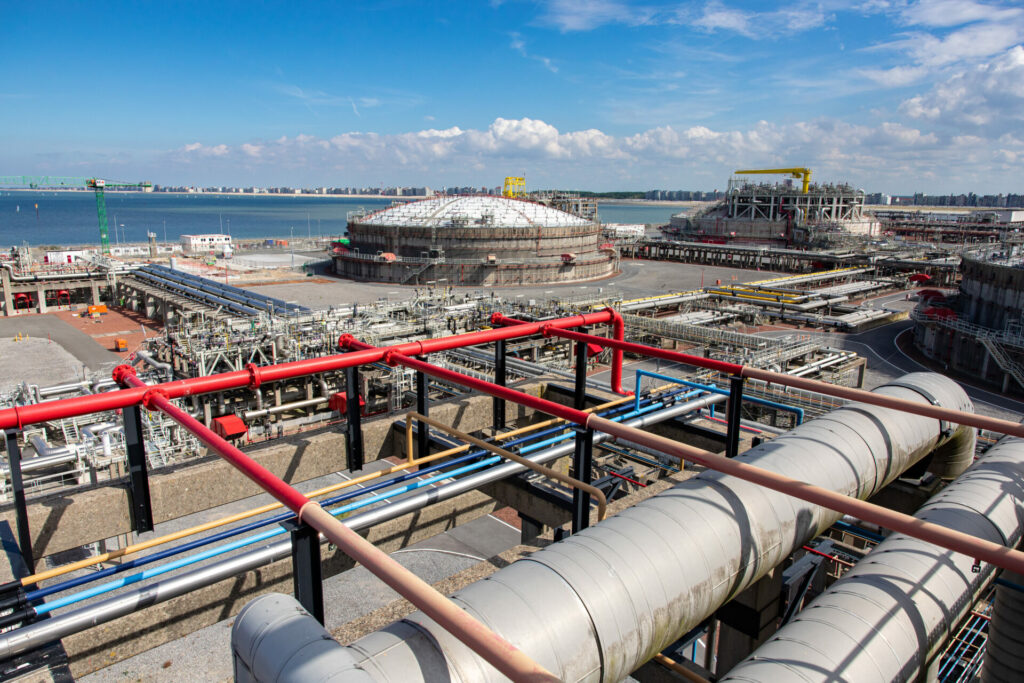Unseasonably mild weather has led to a significant fall in European energy prices over the last few weeks. Average energy prices for this month are now two-thirds lower than they were in August, having fallen from €445 to €171 per megawatt hour.
"The market is responding to some positive signals," energy consultant Dieter Jong recently explained to Het Laatste Nieuws. "Gas reserves in Europe are filled much more than previously expected. Also, the temperature is much milder than usual for this time of year. Normally at the end of October people would already be heating their homes, but for many people the heating has not yet [been] turned on."
The fall in prices will likely be a relief to consumers, especially those on variable monthly contracts. Indeed, with even warmer weather approaching, it is likely that energy prices could fall even further: the temperature in London is predicted to reach 20°C this Thursday, while in Paris it is set to surpass 25°C.
Demand and (over)supply
The fall in demand has in turn given rise to a glut of gas on the European energy market. Many tankers carrying liquified natural gas (LNG) from the US, the Gulf, and elsewhere have been forced to dock off the shores of many European countries, waiting until the weather becomes colder before unloading their cargo.
According to Spanish media, 35 LNG tankers are now waiting to dock at LNG terminals along the Iberian Peninsula, which together account for almost half of all European gas import capacity.
Related News
- European grid operators: Belgium should not fear power outages this winter
- Belgium's gas reserves 100% full
Despite the recent fall in energy prices, consumer prices for gas and electricity are still almost four times higher than they were before the start of Europe's energy crisis, which was triggered by Russia's invasion of Ukraine and subsequent cutting off of Russian energy supplies to Europe.
According to the most recent EU data, the average gas storage filling level among Member States is over 92%, which is 7% more than the bloc's official target for the end of 2022. Belgium's own gas reserves are currently full.

